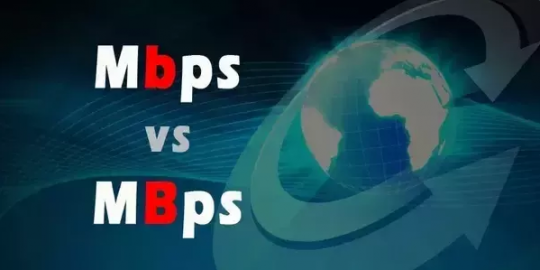Megabytes and Megabits

The Difference between a Megabyte (MB) and a Megabit (Mb)
One thing that often gives people confusion is the difference between a Megabyte (used for file size) and a Megabit (used for download speeds). People often assume that a download speed of 1 Megabit per second (1 Mbps) will allow them to download a 1 Megabyte file in one second. This is not the case, a Megabit is 1/8 as big as a Megabyte, meaning that to download a 1 MB file in 1 second you would need a connection of 8 Mbps. The difference between a Gigabyte (GB) and a Gigabit (Gb) is the same, with a Gigabyte being 8 times larger than a Gigabit.
- Mbps means megabits per second. Mb is used for download and upload speed.
- MBps stands for megabytes per second. MB is used for file size.
You’ll spot these terms when you download a file from the Internet or transfer data from one device to another. They show the data transfer rate. Your connection speed (download and upload) will display as megabits per second. But, you’re downloading or transferring megabytes.
Let’s look at an example:
When you download or transfer a file, note when Mbps and MBps come into play. A file consists of a certain amount of megabytes. Say you download a file that consists of around 2 megabytes. You’ll need a download speed of 8 megabits per second to download the file in 2 seconds. Eight megabits comprise for 1 megabyte.

